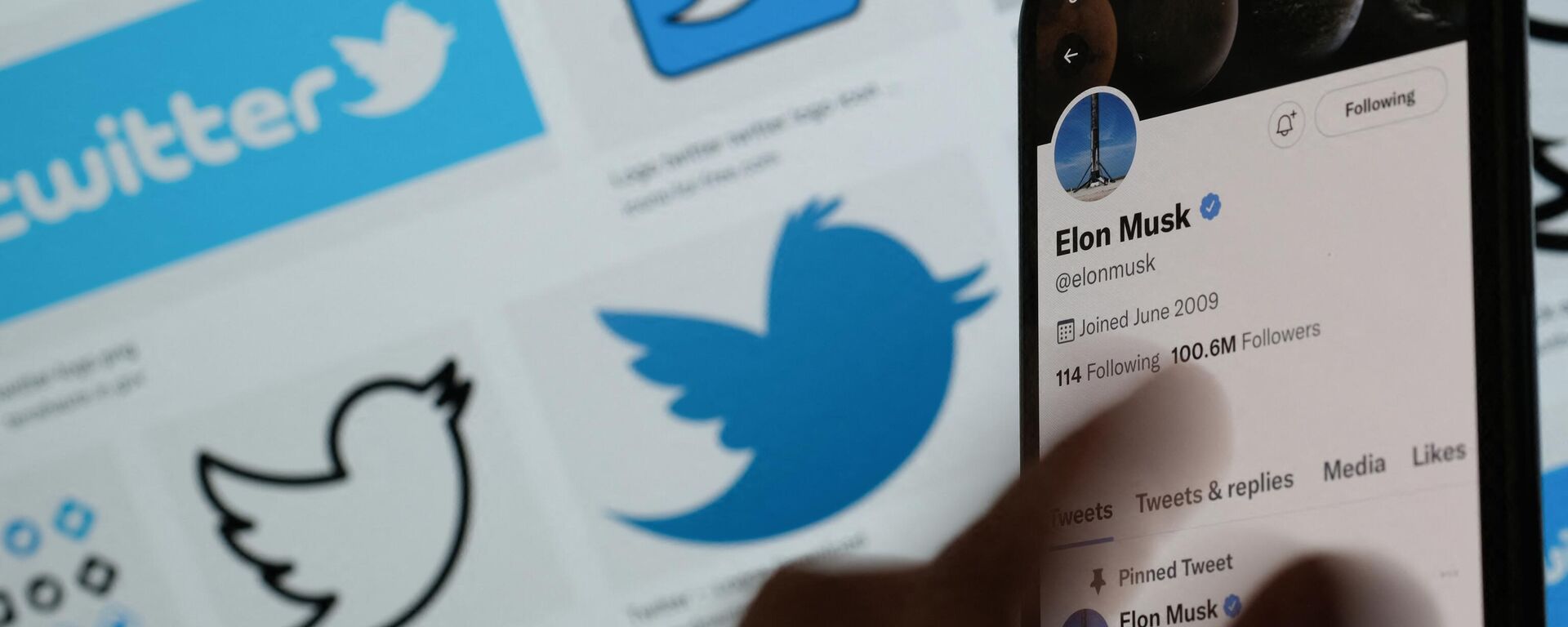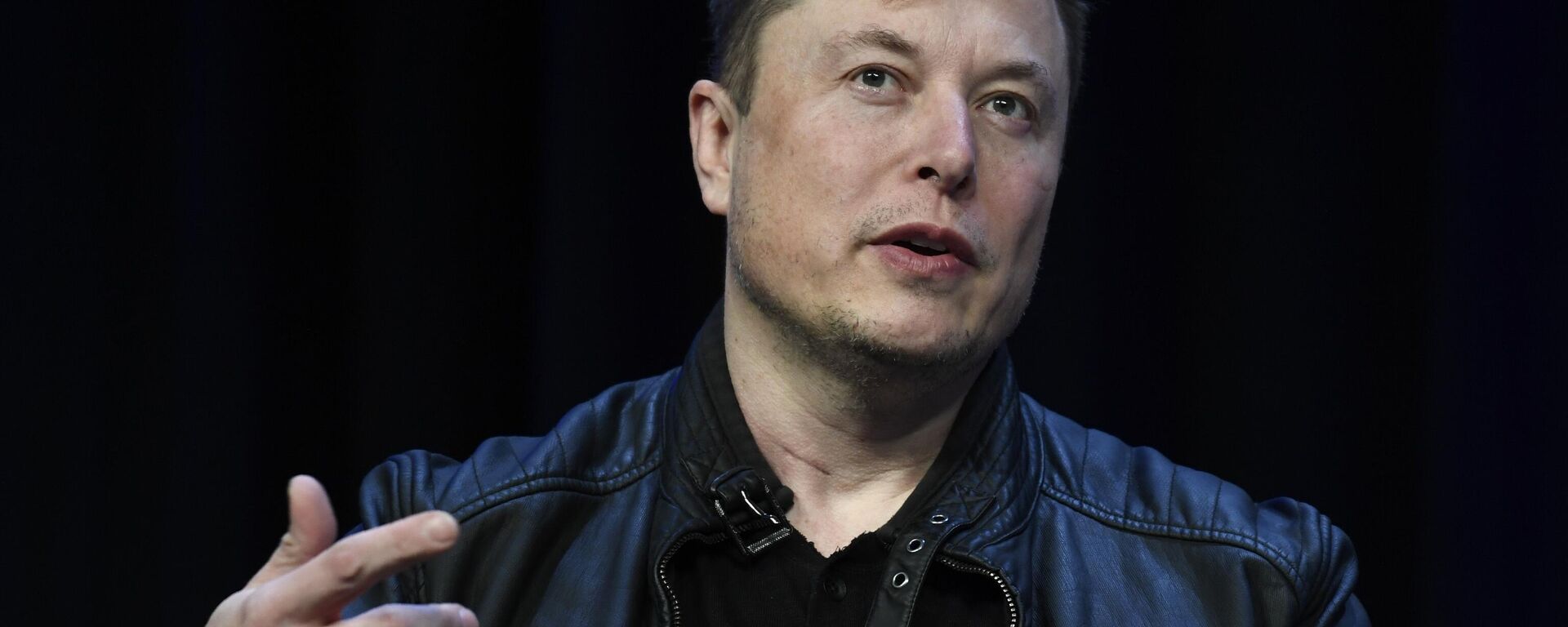https://sputnikglobe.com/20230527/eu-commissioner-says-twitter-quitting-blocs-voluntary-pact-against-disinformation-1110635071.html
EU Commissioner Says Twitter Quitting Bloc's Voluntary Pact Against Disinformation
EU Commissioner Says Twitter Quitting Bloc's Voluntary Pact Against Disinformation
Sputnik International
Twitter is leaving the European Union's Code of Practice against disinformation, for a short period until obligations reemerge under a new law, European Commissioner for Internal Market Thierry Breton has announced.
2023-05-27T12:02+0000
2023-05-27T12:02+0000
2023-05-27T12:02+0000
world
european union (eu)
x (formerly twitter)
elon musk
https://cdn1.img.sputnikglobe.com/img/07e7/05/1a/1110597957_0:161:3071:1888_1920x0_80_0_0_8bf8537c81e6f27ea4efabf7d3387601.jpg
"Twitter leaves EU voluntary Code of Practice against disinformation. But obligations remain. You can run but you can’t hide. Beyond voluntary commitments, fighting disinformation will be legal obligation under #DSA [Digital Services Act] as of August 25. Our teams will be ready for enforcement," Breton tweeted on Friday. Last February, EU foreign policy chief Josep Borrell expressed concerns that Twitter's policy under its new owner, Elon Musk, would harm efforts to counter disinformation and manipulations since the platform removed free access to its application programming interfaces, among other things. In October 2018, at the proposal of the European Commission, large IT companies such as Google, Microsoft and Twitter signed the EU Code of Practice against disinformation, which outlines commitments and specific measures the signatories vow to undertake to combat disinformation on the internet. Last year, the EU adopted the Digital Services Act, providing a legal framework aimed at adressing the issue of illegal content on social media and other platforms. Online platforms and search engines have to comply with the act four months after they are officially listed as such by the European Commission. Last month, the commission issued a first list with the companies affected by the new legislation.
https://sputnikglobe.com/20230419/tables-turned-western-medias-hue--cry-over-twitters-govt-funded-label-exposes-us-hypocrisy-1109650856.html
https://sputnikglobe.com/20230417/elon-musk-reveals-government-read-twitter-users-private-messages-1109587677.html
Sputnik International
feedback@sputniknews.com
+74956456601
MIA „Rossiya Segodnya“
2023
Sputnik International
feedback@sputniknews.com
+74956456601
MIA „Rossiya Segodnya“
News
en_EN
Sputnik International
feedback@sputniknews.com
+74956456601
MIA „Rossiya Segodnya“
Sputnik International
feedback@sputniknews.com
+74956456601
MIA „Rossiya Segodnya“
twitter, europe, european union, european union's code of practice, disinformation
twitter, europe, european union, european union's code of practice, disinformation
EU Commissioner Says Twitter Quitting Bloc's Voluntary Pact Against Disinformation
MOSCOW (Sputnik) - Twitter is leaving the European Union's Code of Practice against disinformation, for a short period until obligations reemerge under a new law, European Commissioner for Internal Market Thierry Breton has announced.
"Twitter leaves EU voluntary Code of Practice against disinformation. But obligations remain. You can run but you can’t hide. Beyond voluntary commitments,
fighting disinformation will be legal obligation under #DSA [Digital Services Act] as of August 25. Our teams will be ready for enforcement," Breton tweeted on Friday.
Last February, EU foreign policy chief Josep Borrell expressed concerns that Twitter's policy under its new owner, Elon Musk, would harm efforts to counter disinformation and manipulations since the platform removed free access to its application programming interfaces, among other things.
In October 2018, at the proposal of the European Commission, large IT companies such as Google, Microsoft and Twitter signed the EU Code of Practice against disinformation, which outlines commitments and specific measures the signatories vow to undertake to combat disinformation on the internet.
Last year, the EU adopted the Digital Services Act, providing a
legal framework aimed at adressing the issue of illegal content on social media and other platforms. Online platforms and search engines have to comply with the act four months after they are officially listed as such by the European Commission. Last month, the commission issued a first list with the companies affected by the new legislation.




